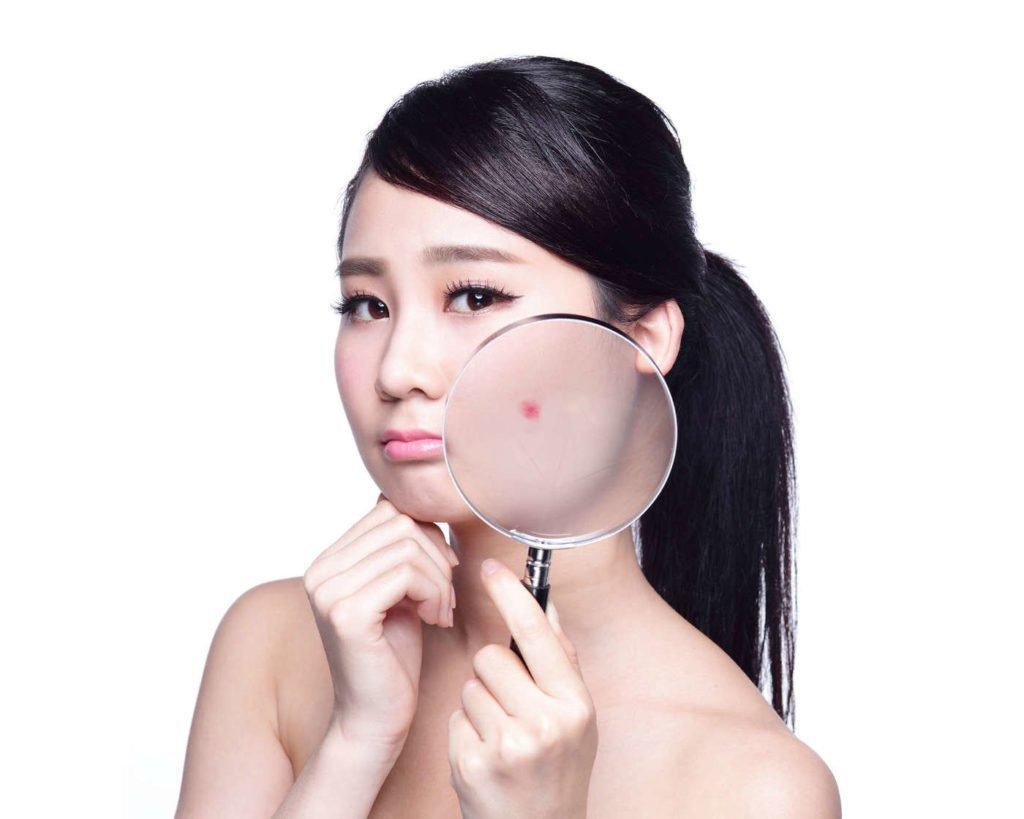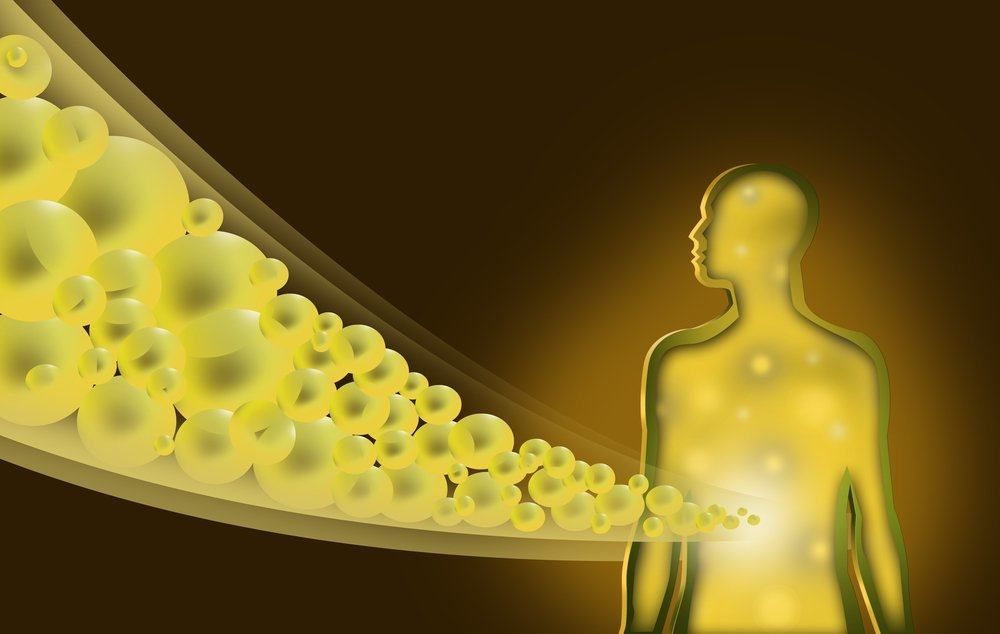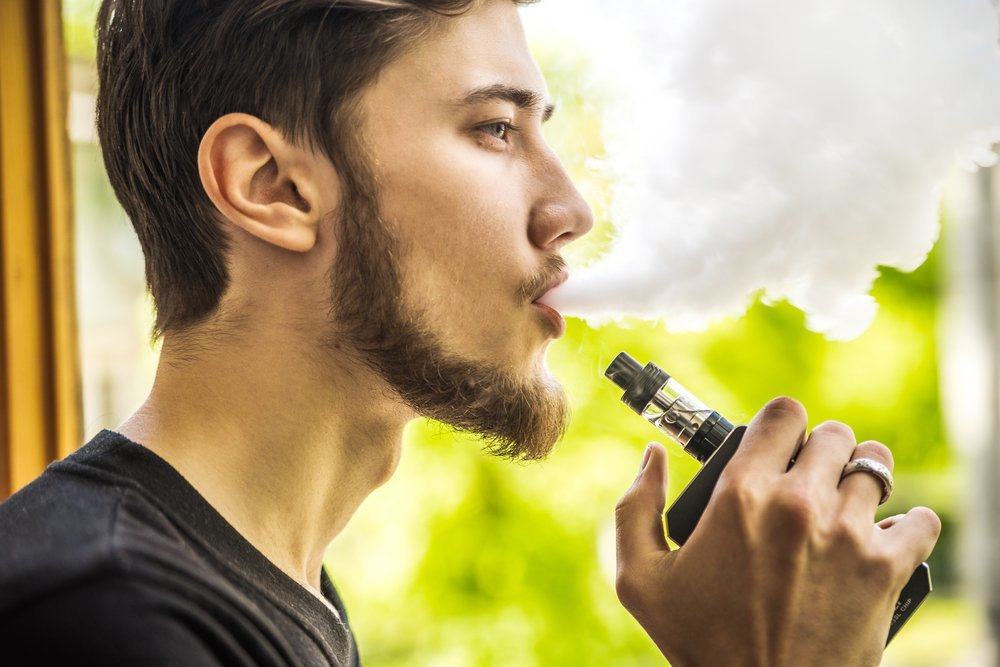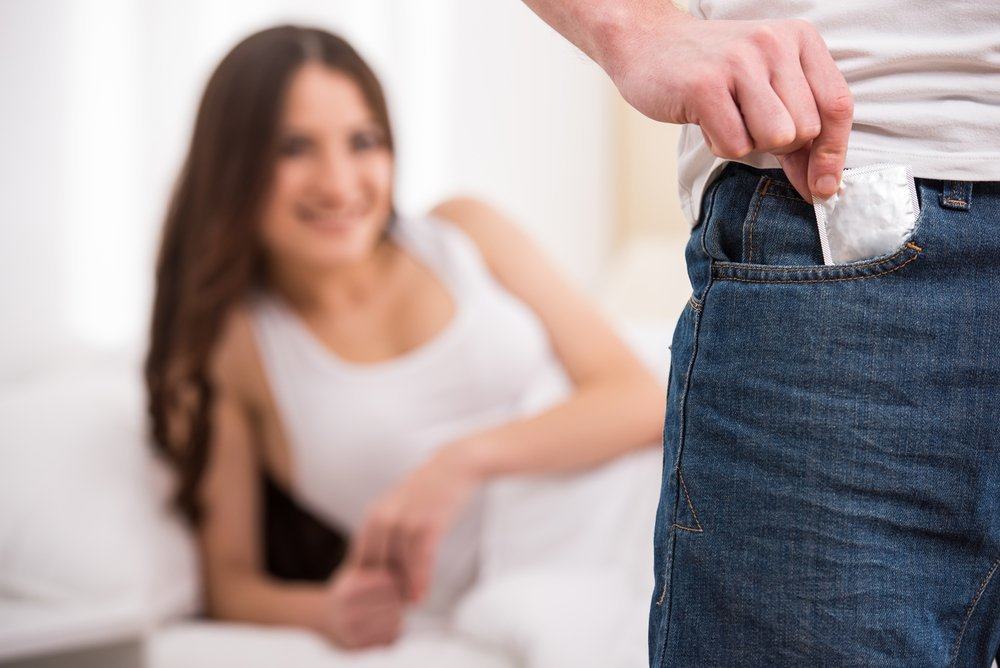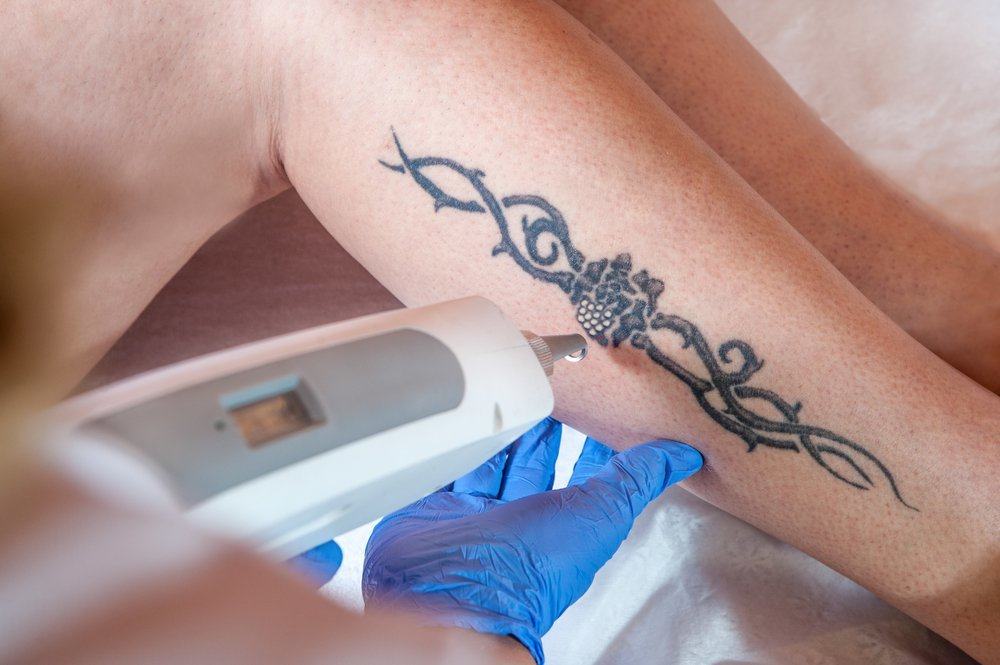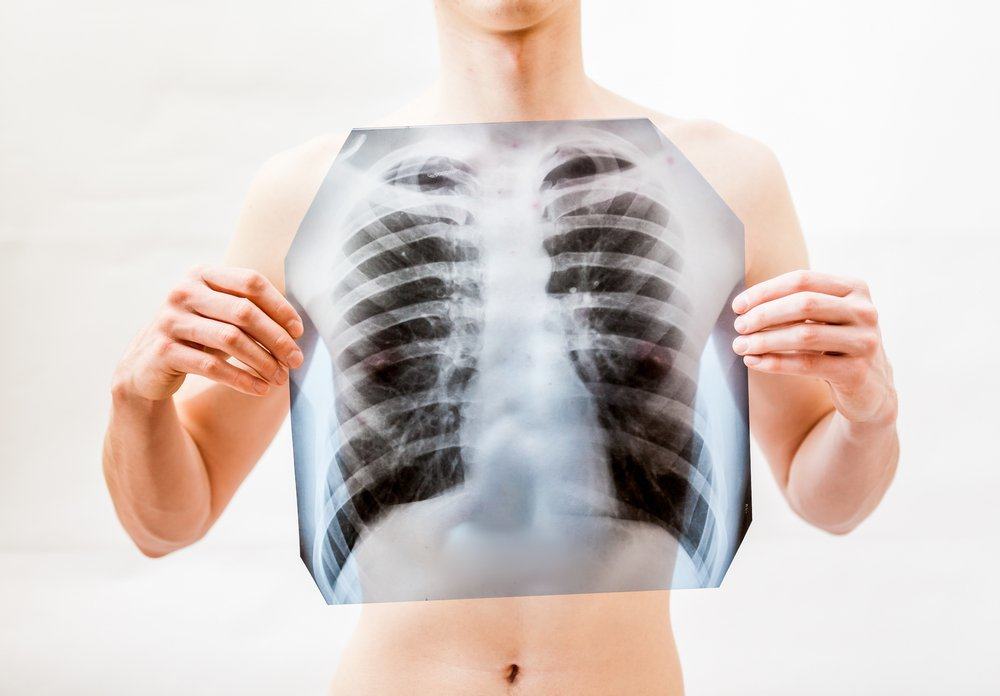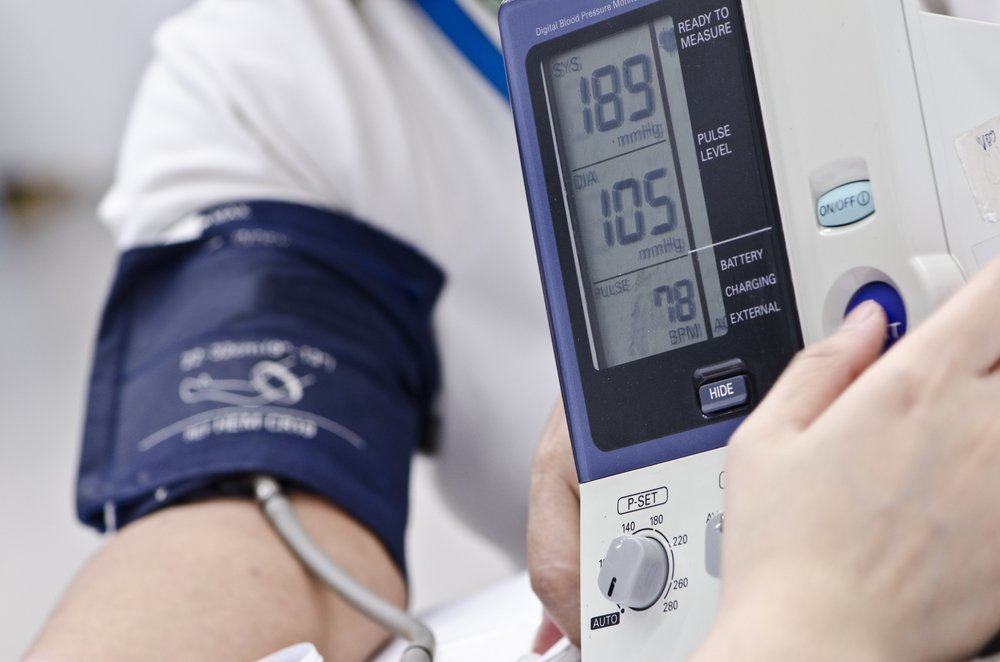Contents:
- Medical Video: Acne Myths and Facts - Is acne contagious?
- 1. Eating nuts makes it spotty
- 2. Adults are free from zits
- 3. Sunscreen will only make your acne worse
- 4. Acne arises because you rarely wash your face
- 5. Don't use make-up when you have acne
- 6. You can get rid of zits by squeezing them
- 7. Use acne medication until your pimples completely disappear
Medical Video: Acne Myths and Facts - Is acne contagious?
Acne is the most common skin problem. Acne most often occurs in someone who is in the category of adolescents and young adults. Usually, acne is characterized by the appearance of spots on some parts of the body, especially on the face. These spots can form like blackheads, white blackheads, or even pus-filled spots. And for a woman, acne is the most annoying thing. Not only does it hurt, acne can also reduce a person's confidence. So it's not surprising that many people find out the cause of acne to get rid of pimples that arise.
However, do you think that you already know the cause of acne correctly? Here are some of the myths related to the causes of acne that you might often hear.
1. Eating nuts makes it spotty
Relax, not always peanuts can cause acne unless you are allergic to peanuts. In addition, not all types of nuts can trigger acne because in fact, almonds or cashews containing oxalic acid can actually treat the skin and prevent acne. Soybeans are also good for skin beauty because they contain omega3 which can fight inflammation in the body and prevent dry skin and make skin look younger.
2. Adults are free from zits
Unfortunately, this opinion is incorrect because surveys that have been conducted show that adults still get acne even though they are in their 50s. Even though the form of acne is different when you are in your teens. Usually, in adulthood, the form of acne that is owned is in the form of redness in the area of the mouth and jaw or blackheads spread over the area of the forehead, nose and cheeks.
3. Sunscreen will only make your acne worse
Everyone has a different skin type, so if you have acne after using sunscreen; chances are you don't match the sunscreen. Therefore, you need to choose the right sunscreen for you. And if you are prone to acne, use physical sunscreen like zinc oxide As a replacement.
4. Acne arises because you rarely wash your face
If you are dirty - or never wash your face at all, maybe the statement is true. However, you are also not recommended to wash your face too often because although washing your face can help remove dirt and oil from the pores of your face. Washing too much can actually cause dryness and irritation which will cause acne. You are recommended to wash your face twice a day, not too often.
5. Don't use make-up when you have acne
The good news is that you can still use makeup to cover the pimples on your face. However, you are not recommended to use thick makeup because it can clog the pores of your face and can make your acne worse.
When you have acne, try to choose cosmetics that are nonacnegenic or noncomedogenic. Moreover, currently available concealer which contains benzoyl peroxide or salicylic acid, which can help fight acne. But if you experience irritation or aggravate your acne when using these cosmetics, you should consult a doctor to get the right treatment.
6. You can get rid of zits by squeezing them
Do not! You really aren't allowed to squeeze pimples on your face especially when your zits are inflamed. Squeezing your pimples may make it look better, but it can make it worse.
In addition, by squeezing zits, you can push bacteria, dead skin cells and oil further into the skin which causes swelling and inflammation of the pimples. As a result, squeezing zits will only leave a blackened mark on your face. When you have acne, you need to use an acne medication that is suitable for your skin or consult a doctor to get the right treatment.
7. Use acne medication until your pimples completely disappear
Unfortunately, you are not recommended to over-use acne medications. Acne medications contain benzoyl peroxide and salicylic acid which if used too much can cause dryness, causing skin irritation and more stains. If using acne medication for more than 8 weeks does not help you get rid of zits, you need to consult a doctor.

